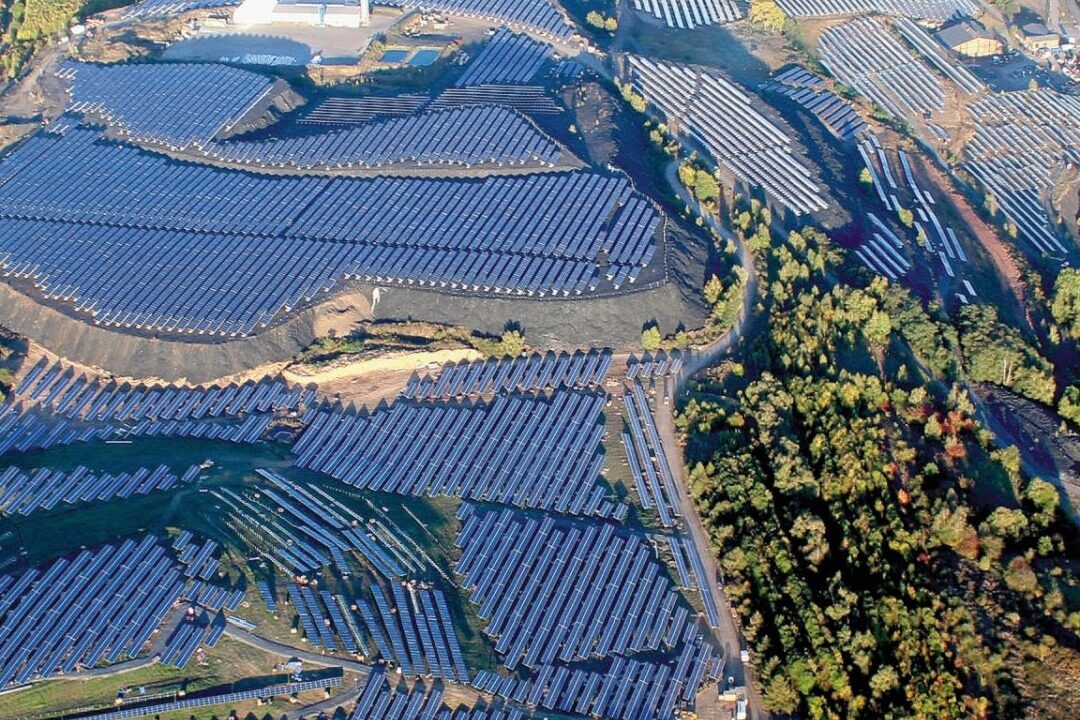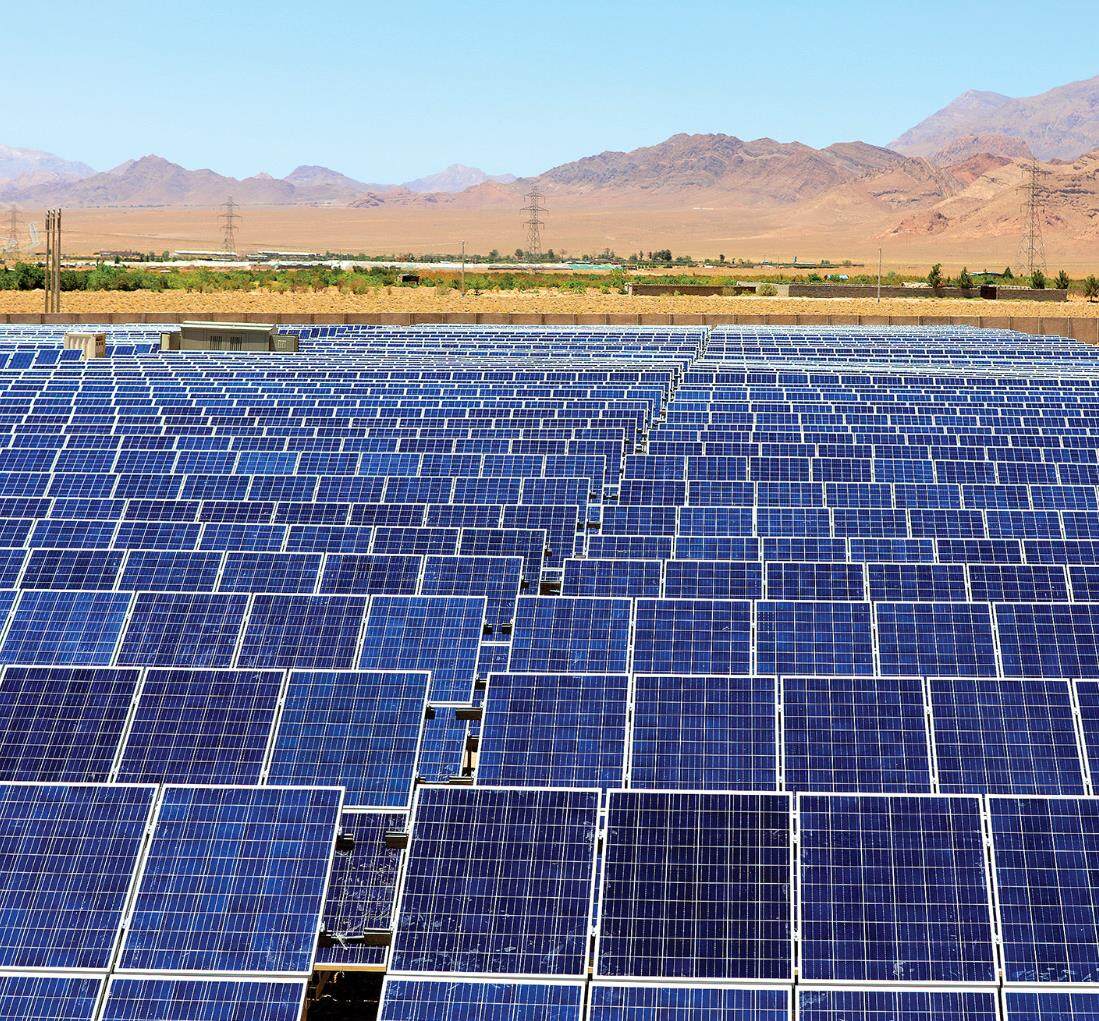- The plan is committed to achieving the country's goal of 215GW of solar installed capacity by 2030
- Germany's 2023 Renewable Energy Act plans to contribute to further decarbonizing power production by increasing the share of renewable energy

The European Commission has approved Germany to revise its renewable energy plan, which aims to help the country achieve its renewable energy goals. The revision plan of Germany's Renewable Energy Law will last until the end of 2026, with a total budget of 28 billion euros. The goal is to achieve 80% of renewable energy power generation by 2030, and achieve climate neutrality by 2045.
According to the scale of installation, it will take different forms. For smaller installations, it will mainly pass through the grid price, while for others, it will pass through the market premium paid by the network operator to the producers above the electricity market price.

The Rainbow Alliance in Germany, composed of the left-wing Social Democratic Party, the Green Party and the New Liberal Liberal Democratic Party, released its plan early in 2022, which will accelerate the growth of solar photovoltaic in the country. The plan is committed to achieving the goal of 215GW of solar installed capacity in the country by 2030. In this plan, Germany also aims to increase the number and quantity of roof and ground solar photovoltaic bidding, which will be carried out according to technology, and will be modified to make it more competitive, limit the risk of excessive compensation, and minimize the cost of consumers and taxpayers.
Another modification of the bidding will be the introduction of the volume control mechanism of solar PV, which will adjust the bidding volume of each technology and avoid any under subscription. The European Commission's assessment of the plan regards it as necessary and appropriate to promote the growth of renewable energy, which will contribute to better grid stability in Germany. As the assistance is limited to the minimum, it is considered to be commensurate.
Margaret Vestager, Executive Vice President of the European Commission in charge of competition policy, said that Germany's 2023 Renewable Energy Act planned to make contributions to further decarbonizing power production by increasing the share of renewable energy. At the same time, it will prevent excessive compensation for producers by phasing out support when prices are negative. Keywords: overseas news, engineering news
From January 1, 2027, support for renewable power production will be phased out when the price is negative to prevent excessive compensation for producers. In addition, according to the latest report of SolarPower Europe, a trade agency, Germany will again become the largest solar market in Europe in 2022, because it has increased the solar capacity by 7.9GW and will enter the double-digit gigawatt market by 2024.Editor/Xing Wentao
Comment
 Praise
Praise
 Collect
Collect
 Comment
Comment
 Search
Search














Write something~